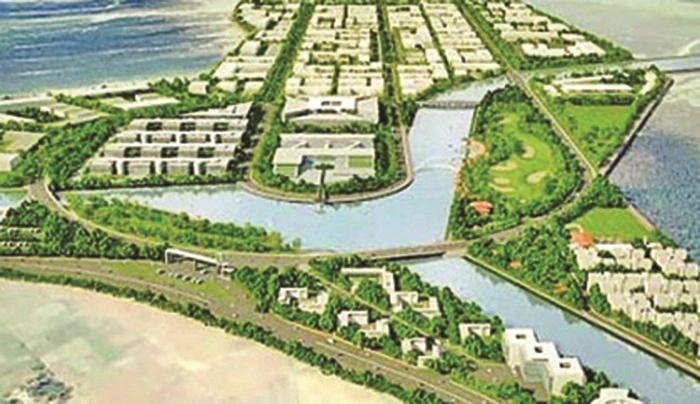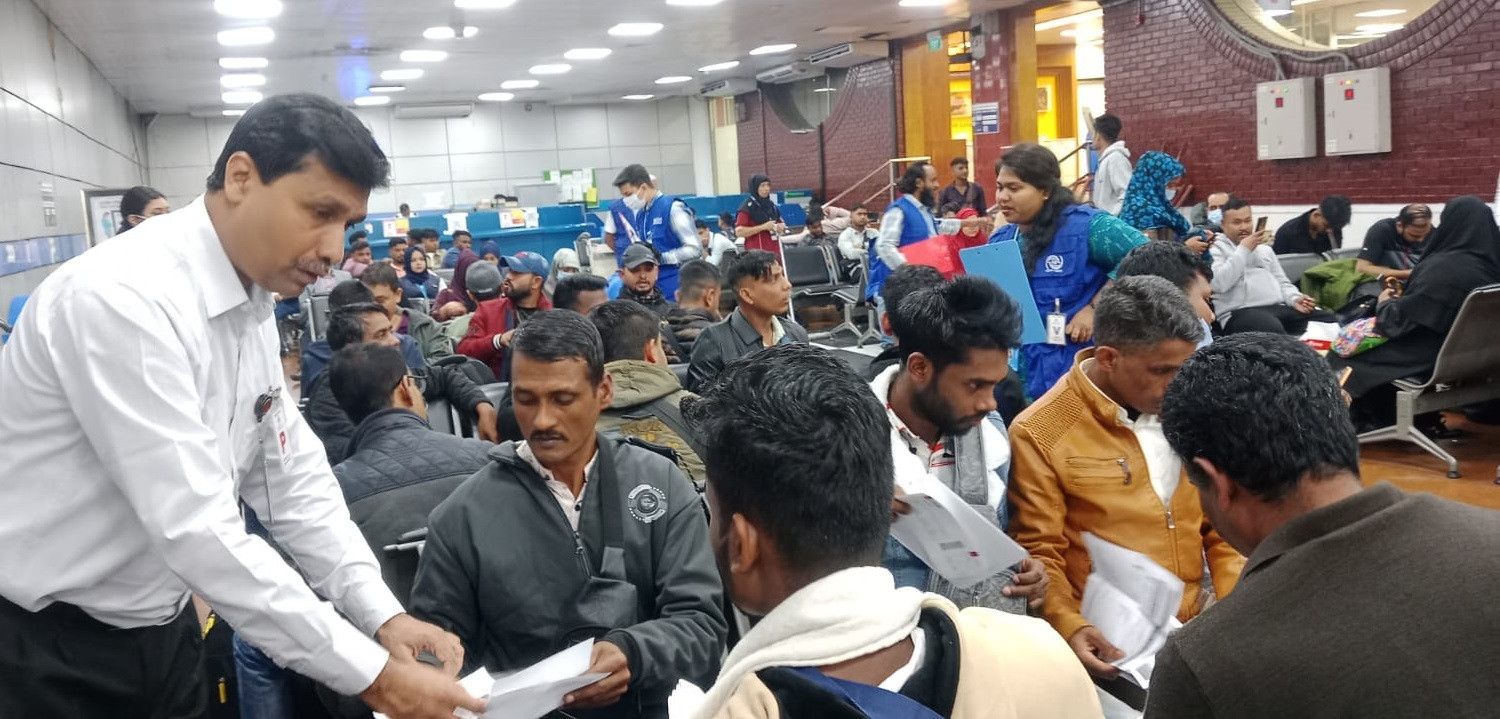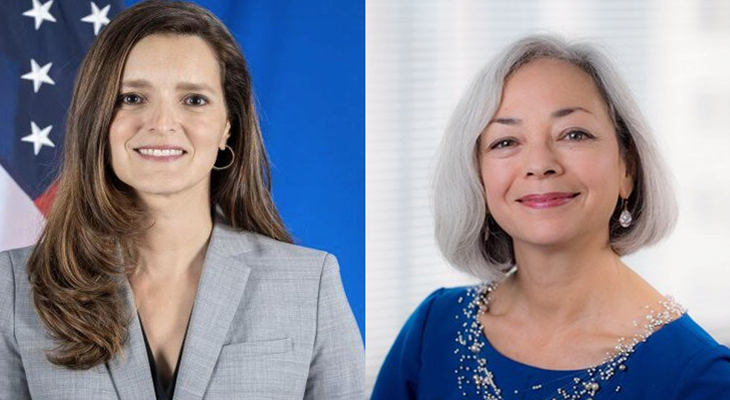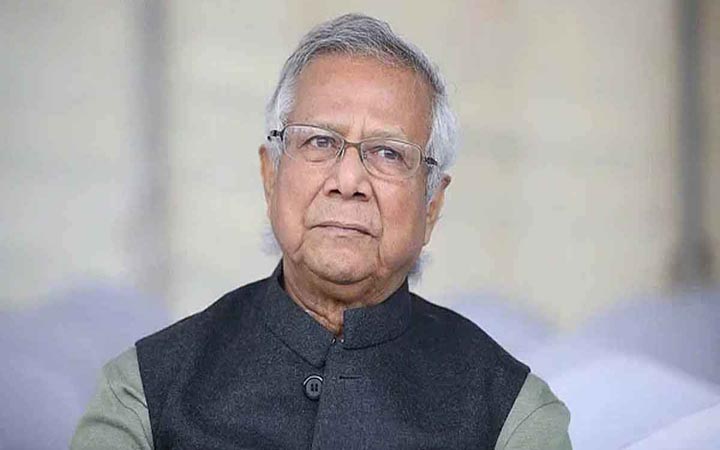Despite the growing interest of investors in Bangabandhu Sheikh Mujib Shilpa Nagar (BSMSN), the supply of electricity to the industries has emerged as a major barrier to industrial development in the country’s next biggest industrial hub.
Although a number of factories have finished their setup and ready to go for production, they are unable to commence production due to the lack of power supply.
The Rural Electrification Board (REB) is the authority of power supply to the areas where the BSMSN is being established, but the investors said REB does not have the infrastructures and capacity to supply uninterrupted electricity to industries.
Even the factories require electricity at 230 KV level, REB can supply at 132 KV and 33 KV level.
Investors and officials said only the state-owned Bangladesh Power Development Board (BPDB) has the capacity to supply electricity to such large factories.
The Bangabandhu Sheikh Mujib Shilpa Nagar, one of the government-owned economic zones in the country, is being developed on 30,000 acres of land in three upazilas of Chattogram and Feni. The government is optimistic about the employment of 1.5 million people in this industrial hub in the next 15 years.
Large scale industries are being set up with the investment of more than a hundred industrial groups. Although several factories have reached the stage of production this year, lack of power supply has appeared as the main barrier to commencing production.
These industries are cent per cent ready to go into production but there is a fear that production will be delayed due to lack of electricity supply.
It has been learned that hundreds of large industrial groups including Bangladesh Edible Oil Ltd, Bashundhara Group, TK Group, Nippon Steel Industries Ltd, McDonald Steel Building Products Ltd, Palmal Group, Berger, Walton and Hamko Corporation have already invested in Bangabandhu Sheikh Mujib Shilpa Nagar of Mirsarai Economic Zone. The construction work of the factories of these investors is underway in full swing and several industries are expected to be fully ready for production within this year.
Investors said the sensitive equipment of these factories requires quality and uninterrupted power supply through 230 KV lines. However, power of this voltage cannot be provided by any other power distributors except for Bangladesh Power Development Board (BPDB). Other power distributors do not have infrastructure and experience in supplying power at the 230 KV level.
The investors also said the authorities have not yet fixed the tariff for 230 KV voltage power.
As the BSMSN area is under REB, there is a technical problem in getting the desired power to run the factories. In this situation, many industrialists have applied to PDB and the ministry to buy electricity directly from Power Development Board. Some have proposed to set up 5-6 km supply lines and substations to take power from the national grid to the factory at their own cost. The Bangladesh Economic Zone Authority (BEZA) has also given a no-objection letter to these proposals.
As REB does not have the infrastructure and experience to supply 230 KV power, PDB has expressed interest in selling electricity directly to these companies through a tripartite (PDB-PGCB-Consumer) agreement.
In two letters sent on March 25, Power Development Board sought permission to sell 25 MW power directly to a chemical industry. The industry will go into operation in December with an annual production capacity of 144,000 tonnes.
Permission has also been sought to sell 190 MW of electricity directly to a multi-steel industry which will go into production in June next year with a production capacity of 1.25 million tonnes.
The letter, signed by Saiful Islam Azad, secretary of the power development board, said the tariff order issued by the BERC did not fix any tariff for REB for wholesale electricity at the 230 KV level.
As per the Bangladesh Energy Regulatory Commission (BERC) guidelines, REB and DESCO will purchase bulk power from PDB at 132 KV level in all the places where 132 KV infrastructures is being constructed.
As REB does not have the infrastructure and experience to supply 230 KV power, PDB has expressed interest in selling electricity directly to these companies through a tripartite (PDB-PGCB-Consumer) agreement.
In two letters sent on March 25, Power Development Board sought permission to sell 25 MW power directly to a chemical industry. The industry will go into operation in December with an annual production capacity of 144,000 tonnes.
Permission has also been sought to sell 190 MW of electricity directly to a multi-steel industry which will go into production in June next year with a production capacity of 1.25 million tonnes.
The letter, signed by Saiful Islam Azad, secretary of the power development board, said the tariff order issued by the BERC did not fix any tariff for REB for wholesale electricity at the 230 KV level.
As per the Bangladesh Energy Regulatory Commission (BERC) guidelines, REB and DESCO will purchase bulk power from PDB at 132 KV level in all the places where 132 KV infrastructures is being constructed.
As REB does not have 230/132 KV infrastructure in the area adjacent to Mirsarai Economic Zone, there is no opportunity for it to connect 230/132 KV subscribers as per BERC guidelines. According to Section 26 of the Electricity Act 2018, the government may, by written order and subject to appropriate regulations, allow a licensee to supply electricity to any person outside its supply area and perform construction works.
With the wholesale price of REB being lower, selling electricity to REB at 132 KV as per the fixed price will increase the amount of government subsidy. Justifying the direct sale of electricity to the customer, the letter further said that as a single buyer, PDB buys electricity from all power plants and sells it to bulk customers across the country through 132/230 KV network.
Permission has also been sought to provide connections through PDB to the industrial establishments interested in getting electricity at 230 KV level in Bangabandhu Sheikh Mujib Shilpa Nagar of Mirsarai Economic Zone.
In this regard, an industrialist who applied for 230 KV power from PDB said his factory would be ready for operation in seven to eight months but the factory will not be able to go into production without electricity. Many factories in REB area depend on captive power which increases the cost of production.
Regarding the application submitted to get electricity from PDB, the industrialist said that he has proposed to set up lines and substations to get power from the grid to the factory at their own cost.
“The sooner we get approval, the sooner we will be able to start our production. Otherwise, it will not be possible to start the production in time, which will hamper the investment,” he said.










